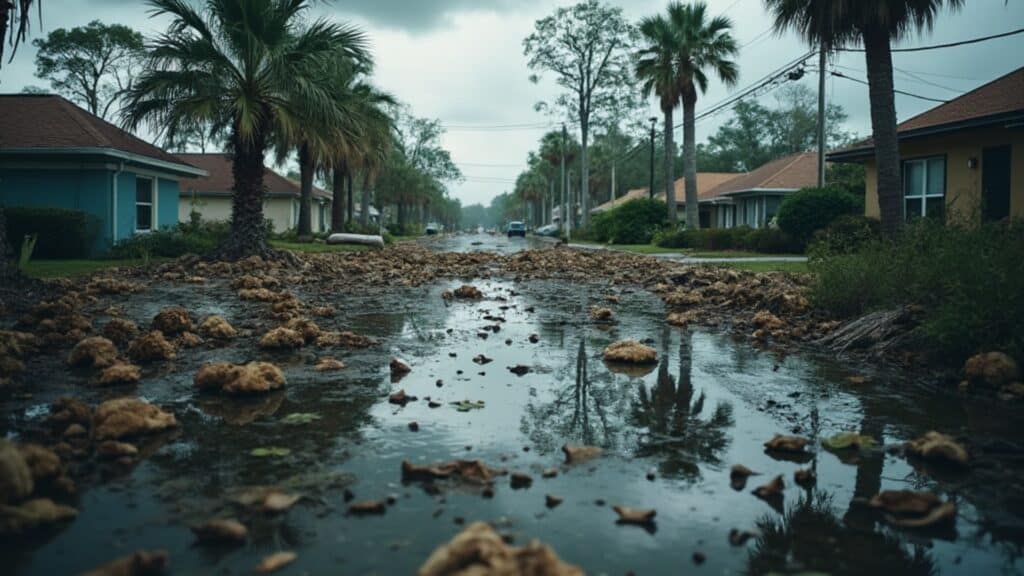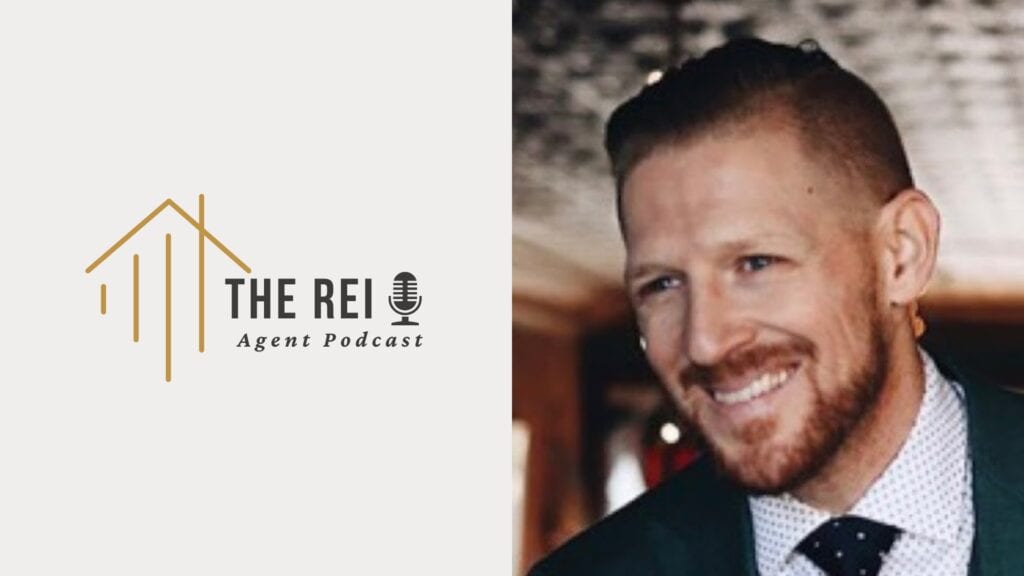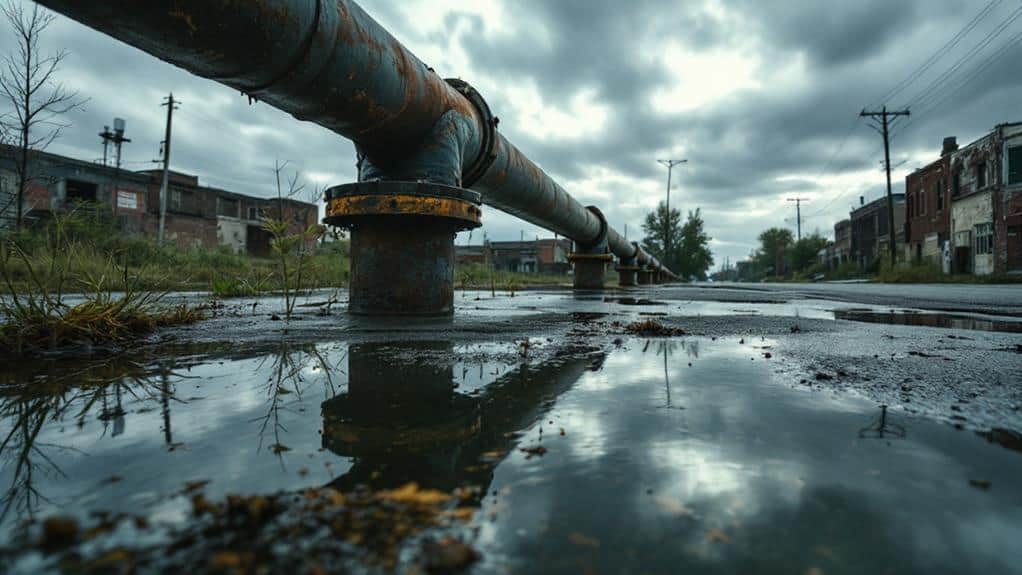Key Takeaways
- Over 600,000 policies are being transferred from Florida’s largest insurer, Citizens Property Insurance Corporation, to private insurers, raising concerns about premium hikes.
- Florida homeowners are facing insurance costs averaging $5,527 per year, double the national average, due to hurricane risks and market volatility.
- The cooling Florida real estate market is seeing oversupply, dropping demand, and the flight of institutional investors, leading to fears of a potential market collapse.

Massive Policy Shift Threatens Florida Real Estate as Hurricanes Helene and Milton Wreak Havoc
Florida’s real estate market faces a new wave of turmoil, as the state’s largest property insurer, Citizens Property Insurance Corporation, braces to offload over 600,000 policies to private insurers following the devastation left by Hurricane Helene and the looming threat of Hurricane Milton.
Private Insurers to Absorb Policies: A Risky Move Amid Hurricane Wreckage
As Hurricane Helene’s destruction continues to ripple across the state, the Florida Office of Insurance Regulation has approved a mass transfer of policies from Citizens Property Insurance Corporation, Florida’s insurer of last resort, to private insurers.
Beginning in late October, 413,808 policies will transition, with an additional 235,035 set to shift in November.
This move comes as Citizens attempts to reduce its massive portfolio of 1.25 million policies, a staggering increase from the 420,366 policies it held just five years ago.
This mass transfer comes on the heels of severe hurricane damage in the state.
While Helene’s death toll has surpassed 200, with thousands still missing, the already battered state now braces for Hurricane Milton, a potentially catastrophic Category 5 storm.
“Florida’s private insurers are stepping into a storm of financial uncertainty,” said Michael Yaworsky, Florida’s insurance commissioner, warning that policyholders may face higher premiums, reduced coverage, or even denial of claims.
Skyrocketing Claims and Insurance Costs: A Bleak Future for Floridians
The state’s vulnerability is further exposed by the record-setting claims that have poured in since Hurricane Helene.
According to the Florida Office of Insurance Regulation, over 84,400 claims have been filed, with more than 38,000 still unresolved.
The surge in claims and litigation is forcing insurers, both public and private, into a precarious position, and insurance rates have surged up to 400% in some regions.
Florida homeowners are paying an average of $5,527 annually for home insurance on a $300,000 property, more than double the rates in neighboring states like Georgia and Alabama.
Some areas are seeing premiums climb past $8,000, leading to an affordability crisis across the state.
Even with the shift of policies to private insurers, many residents are bracing for additional hikes in premiums, adding to the crushing financial burden.
As Hurricane Milton approaches, the capacity of both private insurers and Citizens to cover claims is under extreme scrutiny.
Related Facts
Hurricane Andrew, one of the most devastating storms in U.S. history, tore through Florida in 1992 with such force that it unearthed hidden graves, adding an eerie dimension to its destructive wake.
Cemeteries were ravaged as the Category 5 hurricane’s 165 mph winds and flooding dislodged coffins and exposed burial sites.
For those returning to survey the damage, the sight of disrupted graves compounded the already overwhelming loss of property and lives.
The macabre aftermath left communities not only dealing with extensive rebuilding but also the grim task of reinterring loved ones whose resting places were disturbed.
As if this wasn’t terrifying enough, the storm also unleashed a dangerous flood of displaced wildlife into suburban neighborhoods.
RELATED CONTENT
Venomous snakes, alligators, and other wildlife were blown from their natural habitats, with many ending up in backyards and streets.
Residents returning to their homes had to navigate not only the wreckage but also an invasion of these deadly creatures, making the post-hurricane landscape a nightmare scenario of both environmental and emotional chaos.
An Impending Real Estate Collapse? Overleveraged Investors and Homeowners Flee
In addition to the mounting insurance crisis, Florida’s once red-hot real estate market is cooling rapidly.
Homeowners who flooded the state during the pandemic, lured by booming property values, are now struggling to sell. With inventory levels spiking by more than 50% in cities like Tampa and Orlando, and demand dropping by 10%, homeowners are left in limbo. Anthony Holmes, a Tampa resident who spent $600,000 on his home in 2021, has dropped his asking price five times without receiving a single offer.
As rising insurance premiums and mortgage rates drive buyers out of the market, experts are sounding alarms that the Florida real estate market is headed for a potential collapse.
“We’re looking at a market correction,” warned Brad O’Connor, chief economist for Florida Realtors, as prices stagnate or decline in hurricane-prone areas.
Institutional investors, who have played a significant role in Florida’s real estate market in recent years, are now fleeing.
Homes once bought in bulk by large firms are being listed for sale in Tampa, Orlando, and Jacksonville, signaling a potential flood of devalued properties into an already saturated market.
“This is the beginning of the end for Florida’s real estate boom,” said Jason Lewris, co-founder of Parcl Labs, emphasizing the risk of a cascading effect on home prices if institutional sell-offs accelerate.
Assessment
Florida’s insurance and real estate markets are on the edge of a precipice. The ongoing storms, both literal and financial, threaten to unravel the state’s economic foundations.
While Citizens Property Insurance Corporation’s transfer of policies may alleviate some pressure, it could expose Floridians to higher costs and limited coverage.
Simultaneously, the state’s real estate market faces oversupply, skyrocketing costs, and a growing affordability crisis.
The cumulative impact of these pressures could drive Florida’s housing market toward a historic correction.
Investors, homeowners, and insurers alike will need to brace for a turbulent future as hurricane risks and financial instability converge.
Related Content:
- Real Estate Mogul Widow, Candice Miller, Sued After Suicide Revealing Shocking Debt
- Kevin O’Leary’s Dire Warning (Pivot Your Real Estate Investing Now)
- Real Estate Investors Beware ($50 Billion IRS Crackdown Declares War on Wealthy Tax Cheats)
- Redfin’s Brokerage Bloodbath (Mass Layoffs Decimate Desperate Crumbling Division)



























